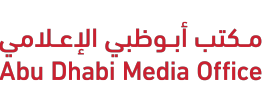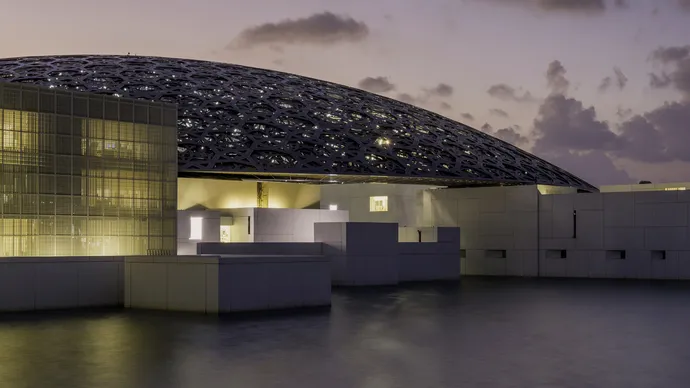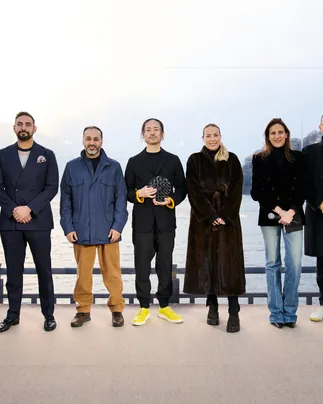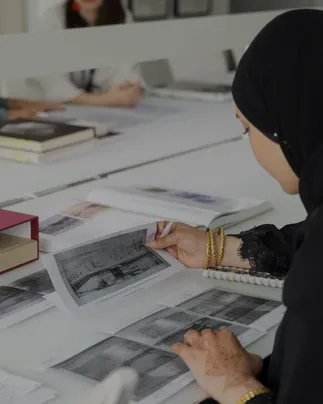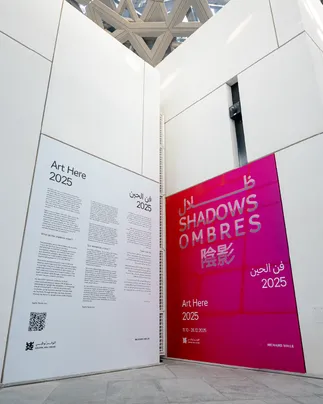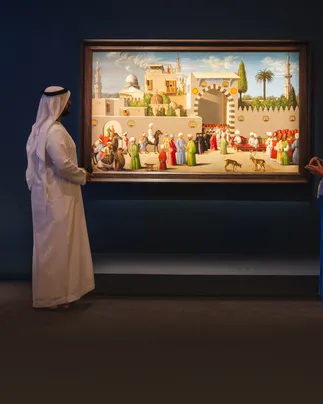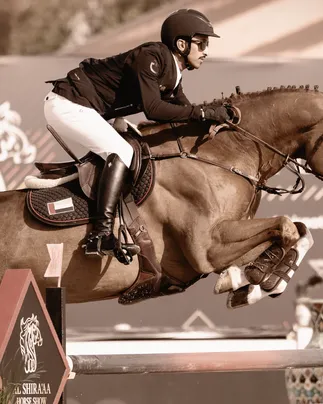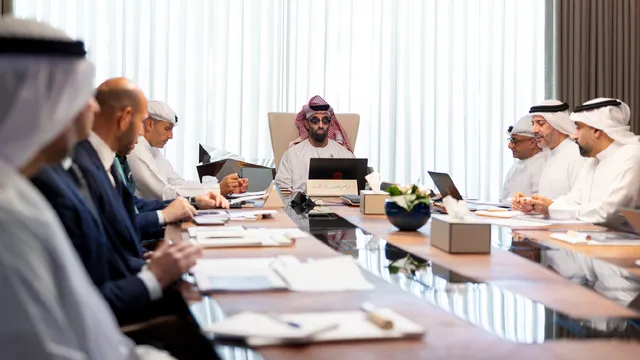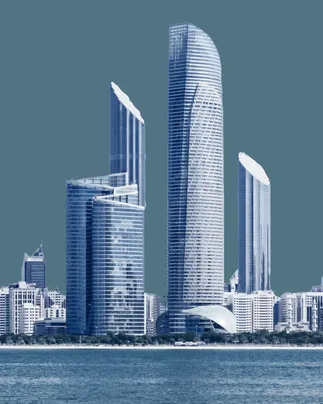Louvre Abu Dhabi has revealed the first cohort of scholars selected for its newly launched Fellowships and Grants Programme. The initiative is designed to advance original research in the fields of art history, museum studies, archaeology, heritage science, and conservation. Following a highly competitive global call that garnered 173 submissions from around the world, five scholars were selected, representing academic institutions from diverse cultural and geographic contexts.
Launched to encourage critical inquiry and foster international academic collaboration, the programme offers scholars unprecedented access to the museum’s state-of-the-art research infrastructure. This includes its Resource Centre, Conservation Centre, and the Scientific Laboratory, the first of its kind in the Gulf region. Each fellow will work closely with Louvre Abu Dhabi’s collections, displays, and research resources to produce original research that reimagines how stories of art, culture, and history are told, particularly by incorporating perspectives from diverse cultural contexts, including those of the Global South.
The research programme is anchored around three thematic pillars: Global history of museums and collections, Circulation of styles, images and texts and Precious materials and routes exchange. The inaugural cohort exemplifies the programme’s core mission to bring together diverse thinkers whose research resonates with Louvre Abu Dhabi’s vision of inclusivity and cross-cultural dialogue.
The inaugural fellows are: Hamid Keshmirshekan (UK): Short-term fellow winner, for De-centring the Canon: Louvre Abu Dhabi and the Challenge to Eurocentric Art History. Senior Scholar at Columbia University and former senior teaching fellow at SOAS, Keshmirshekan examines how Louvre Abu Dhabi integrates Middle Eastern modern and contemporary artists within its global narrative. His project explores curatorial strategies that challenge Eurocentric canons and open space for alternative art histories.
Helena Barranha (Portugal): Short-term fellow winner, for The Multiple Images of a Cosmopolitan Museum: Mapping the Visual Representations and Architectural Reinterpretations of Louvre Abu Dhabi. Professor at Instituto Superior Técnico, University of Lisbon and researcher at the Institute of Art History, NOVA FCSH, Barranha’s project explores how the museum’s architecture embodies cultural convergence and is reimagined by the public, particularly through social media. It also considers how digital tools, including AI, are reshaping the perception of iconic museum spaces.
Mizuho Ikeda (Japan/UK): Long-term fellow winner for Universal Museums and Religious Diversity: A Comparative Analysis of Exhibition Practices at Louvre Abu Dhabi and Museums in Asia. A Research Associate at the Centre of Southeast Asian Studies and Teaching Fellow at SOAS, University of London, Ikeda investigates how Hindu and Buddhist artworks are displayed at Louvre Abu Dhabi. The project considers curatorial strategies and visitor engagement in relation to exhibiting sacred art in a global, multi-faith context.
Rhomaillessa Talhaoui (Morocco/France): Short-term fellow winner for The Transimperial Circulation of Early Pictures of Mecca (1880–1920). A graduate of Université Paris Cité, Talhaoui studies the circulation and reinterpretation of early photographs of Mecca across colonial, religious, and commercial networks. The project highlights the role of local photographers and challenges Western-centric readings of early photography in the region.
Suhaila Almansoori (UAE): Short-term fellow winner for Pre-Islamic Christian Heritage in the United Arab Emirates: An Evaluation of the Sīnīya Island Archaeological Site. Almansoori is a UAE-based historian and cultural heritage professional holding a BA in History and Archaeology (minor in Film Studies) from UAE University. She is currently pursuing her master’s degree in Archaeology and Cultural Heritage at Sorbonne University Abu Dhabi. Her archaeological fieldwork includes participation in excavations at Al Sulaimi, Al Ain Region, with a particular focus on pre-Islamic Christian heritage, notably the 6th–7th-century Christian monastery discovered at Sīnīya Island in Umm Al Quwain. Her current research investigates a unique palm frond basket coated with bitumen, uncovered during the 2025 excavation season.
The programme offers short- and long-term fellowships to the winning scholars, with the award of AED85,000 for the short-term fellows (three months) and AED245,000 for the long-term fellows (nine months) for their research projects.
Together, their research reflects Louvre Abu Dhabi’s commitment to advancing inclusive, cross-cultural scholarship and reshaping how art and history are understood around the world.
Later this year, the programme will launch its second call for proposals and expand to support collaborative research projects between Louvre Abu Dhabi and international partners, further reinforcing the museum’s role as a hub for critical scholarship and cross-border academic exchange.
